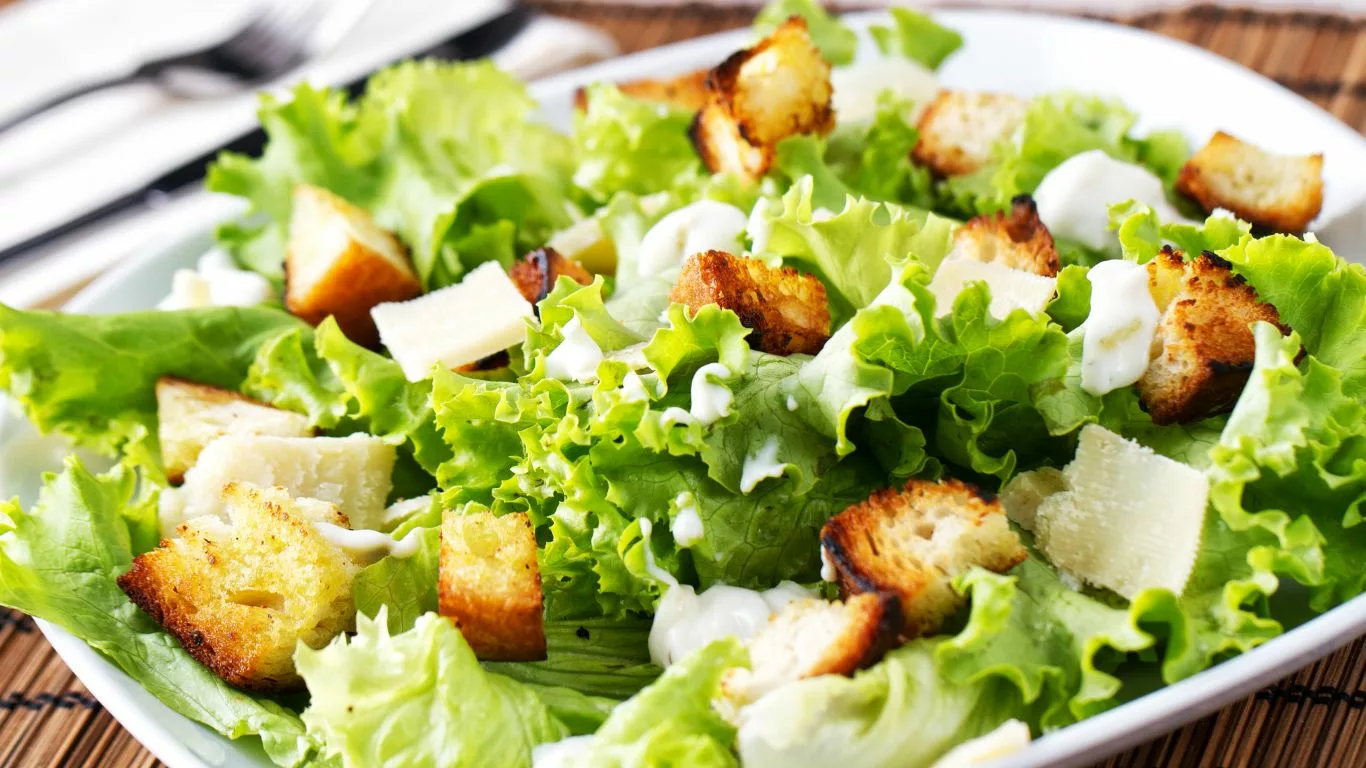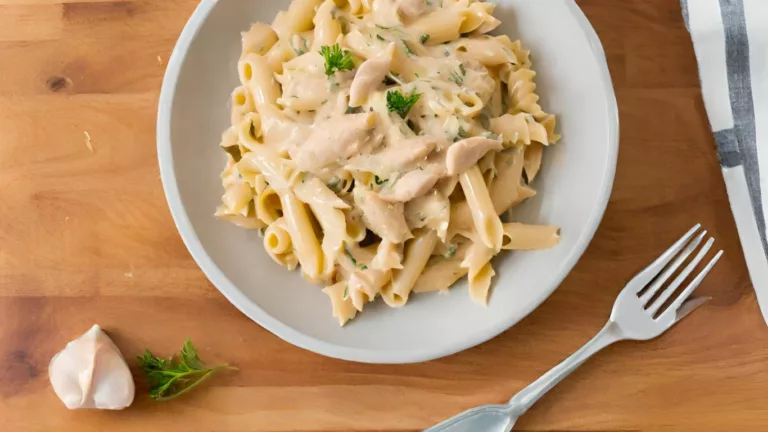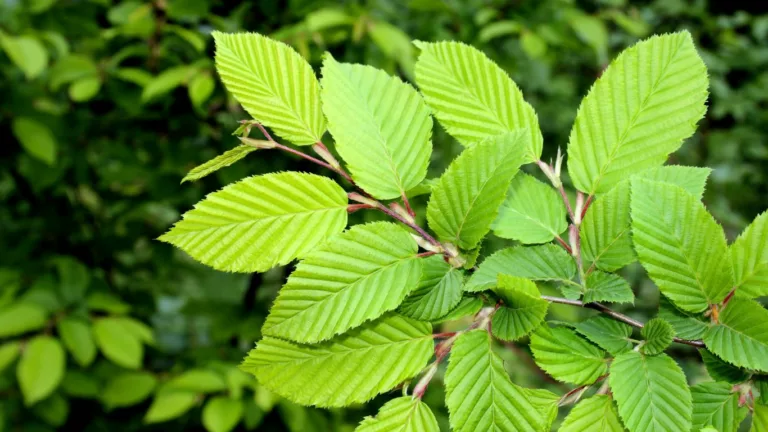Acid Reflux After Eating Spicy Food: What You Need to Know
So, you’ve just enjoyed a delicious, spicy meal—maybe some fiery tacos, a hot curry, or those spicy chicken wings—and now, here comes that familiar burning sensation in your chest. What gives? If you’re dealing with acid reflux after eating spicy food, you’re definitely not alone. In fact, it’s a pretty common issue. But why does it happen, and more importantly, how can you ease the discomfort and keep your love for spicy food intact? Let’s dive in!

What is Acid Reflux, Anyway?
Before we get into the spicy details, let’s break down what acid reflux really is. Basically, it’s when stomach acid backs up into your esophagus (the tube that connects your mouth to your stomach). This happens when the lower esophageal sphincter (LES), a valve that acts like a gatekeeper between the stomach and esophagus, doesn’t close properly. When this happens, you feel that burn we all know too well: heartburn. And sometimes, it even leads to regurgitation, where food or acid comes back up into your mouth.
Now, some foods—like, you guessed it, spicy ones—can trigger or worsen acid reflux. But why is spicy food such a culprit? Let’s get into it!

Why Does Spicy Food Cause Acid Reflux?
If you’ve ever wondered why that extra hot salsa or your favorite curry gives you grief, you’re not alone. The reason spicy food can trigger acid reflux has a lot to do with a chemical called capsaicin, which is what gives chili peppers their heat. Capsaicin can relax the LES, making it easier for stomach acid to creep up into your esophagus.
But it’s not just capsaicin causing the issue. Many spicy foods also contain ingredients like garlic, onion, or citrus that can contribute to acid reflux. Combine that with the fact that spicy foods often tend to be greasy or fried, and you’ve got a perfect storm for discomfort. This can lead to heartburn or that annoying burning sensation that won’t go away.
How Spicy Foods Interact with the Stomach
Another reason spicy foods can cause problems is the way they affect your stomach. When you eat spicy food, it stimulates your stomach to produce more acid. If your LES is already a bit weak or lazy, that extra acid is more likely to make its way up into your esophagus, causing heartburn. And, if you have gastroesophageal reflux disease (GERD), this could make things even worse!

Can Acid Reflux After Eating Spicy Food Be Prevented?
While avoiding spicy food altogether might seem like the obvious solution, we all know that sometimes, a little heat is non-negotiable. So, how can you manage acid reflux without giving up your favorite spicy dishes? Here are some tips that might help!
1. Don’t Overeat
It’s tempting to load up your plate when you’re enjoying a spicy meal, but overeating can put extra pressure on your stomach. When your stomach is too full, it’s more likely to push acid into your esophagus. So, instead of gorging yourself on spicy food, try eating smaller portions and take your time.
2. Avoid Lying Down Right After Eating
We all know how cozy it feels to flop on the couch after a big meal. But if you suffer from acid reflux, lying down right after eating can make things worse. Gravity helps keep the acid in your stomach, so try to stay upright for at least 30 minutes after your meal. This can help prevent acid from creeping up into your esophagus.
3. Pair Spicy Foods with Alkaline Foods
If you’re determined to eat spicy food, try balancing it out with some alkaline foods that can help neutralize stomach acid. Foods like bananas, melons, and leafy greens are great choices. Pairing spicy dishes with these foods can help keep your acid levels in check.
4. Drink Plenty of Water
Water is your best friend when it comes to managing acid reflux. Drinking water helps dilute stomach acid and flushes it out of your system. So, keep a glass of water handy when you’re munching on spicy food. It can help minimize the effects of the acid, especially if you’re prone to reflux.
5. Choose Milder Spices
If you find that really spicy foods are causing you trouble, try scaling back on the heat. You don’t have to go full-blown jalapeño level; opting for milder spices like paprika, cumin, or turmeric might give you the flavor you crave without the heartburn aftermath.
6. Experiment with Probiotics
Probiotics are known to support digestive health and can help balance out the bacteria in your gut. While more research is needed, some people find that taking probiotics helps reduce acid reflux symptoms. You can try adding more probiotic-rich foods like yogurt or kefir to your diet, or consider a supplement. Just make sure to check with your doctor before adding anything new to your routine.

What Happens If You Ignore Acid Reflux?
If you’ve ever had a bad experience with acid reflux after a spicy meal, you know it’s uncomfortable. But did you know that if left untreated, frequent acid reflux can lead to more serious conditions, like GERD (gastroesophageal reflux disease)? Over time, untreated acid reflux can damage your esophagus, lead to chronic cough, and even make swallowing difficult.
If you’re noticing regular acid reflux after eating spicy foods, it might be time to see a doctor. Getting a proper diagnosis and treatment plan can help you avoid long-term complications and get your symptoms under control.
Conclusion
In conclusion, acid reflux after eating spicy food is a common issue, but it doesn’t have to keep you from enjoying your favorite dishes. By understanding what triggers your symptoms and taking a few precautions, you can manage the discomfort and keep the spice alive in your meals. Just remember: moderation, some mindful eating habits, and a bit of self-care go a long way when it comes to avoiding acid reflux.
Appendices
FAQs
- Can acid reflux be caused by all spicy foods? Not all spicy foods will cause acid reflux for everyone. It’s often about the heat level, ingredients, and your individual sensitivity. If spicy food consistently gives you trouble, consider cutting back or choosing milder options.
- How long after eating spicy food does acid reflux usually kick in? Acid reflux can happen shortly after eating spicy food—sometimes within 30 minutes to an hour. However, it varies depending on the person and how much food was consumed.
- Can I drink milk to relieve acid reflux after spicy food? Yes, drinking milk can help neutralize stomach acid temporarily and provide relief from the burning sensation. However, keep in mind that milk may not be a long-term solution.
- What’s the difference between acid reflux and GERD? Acid reflux is a one-time occurrence of acid moving up into the esophagus, while GERD (gastroesophageal reflux disease) is a chronic condition where acid reflux happens regularly, leading to more serious health issues.
- Does stress make acid reflux worse? Yes, stress can exacerbate acid reflux by increasing stomach acid production. Managing stress through relaxation techniques can help keep reflux under control.
References
- National Institute of Diabetes and Digestive and Kidney Diseases (2023). Acid Reflux and GERD. Read More
- Jones, A., & Patel, R. (2022). The Role of Diet in Acid Reflux. Journal of Gastrointestinal Health, 35(3), 200-210. Read More
Disclaimer
The information provided in this article is for educational purposes only and does not substitute for professional medical advice. Always consult your healthcare provider if you experience frequent acid reflux or digestive issues.

Camellia Wulansari is a dedicated Medical Assistant at a local clinic and a passionate health writer at Healthusias.com. With years of hands-on experience in patient care and a deep interest in preventive medicine, she bridges the gap between clinical knowledge and accessible health information. Camellia specializes in writing about digestive health, chronic conditions like GERD and hypertension, respiratory issues, and autoimmune diseases, aiming to empower readers with practical, easy-to-understand insights. When she’s not assisting patients or writing, you’ll find her enjoying quiet mornings with coffee and a medical journal in hand—or jamming to her favorite metal band, Lamb of God.







